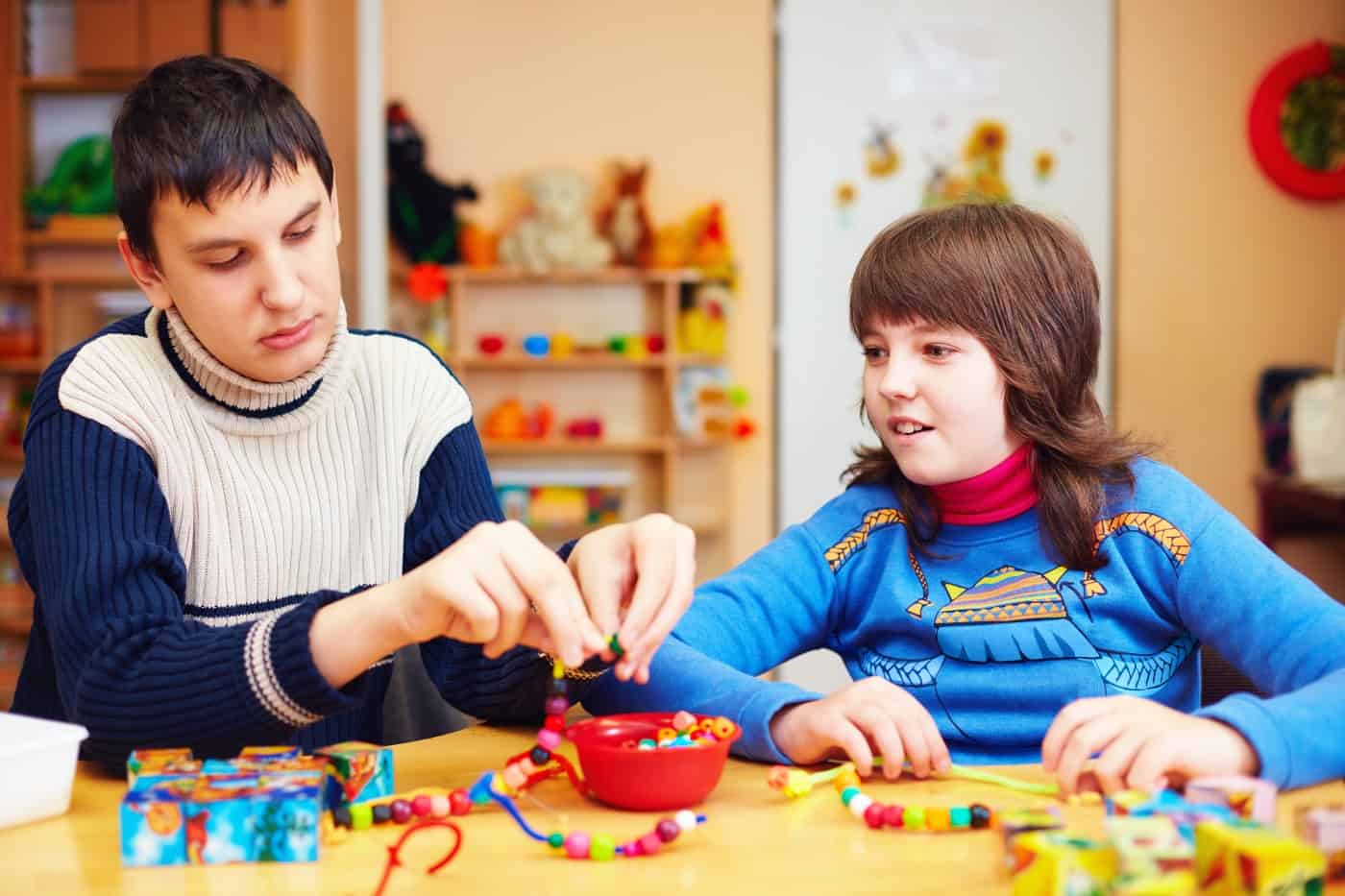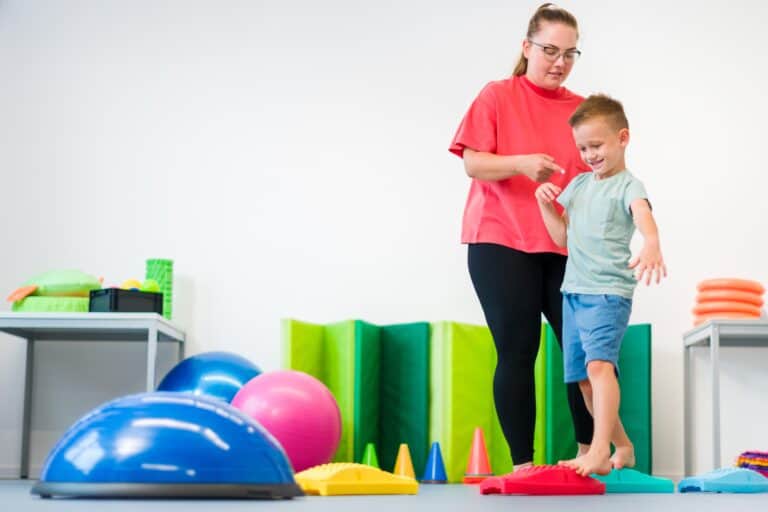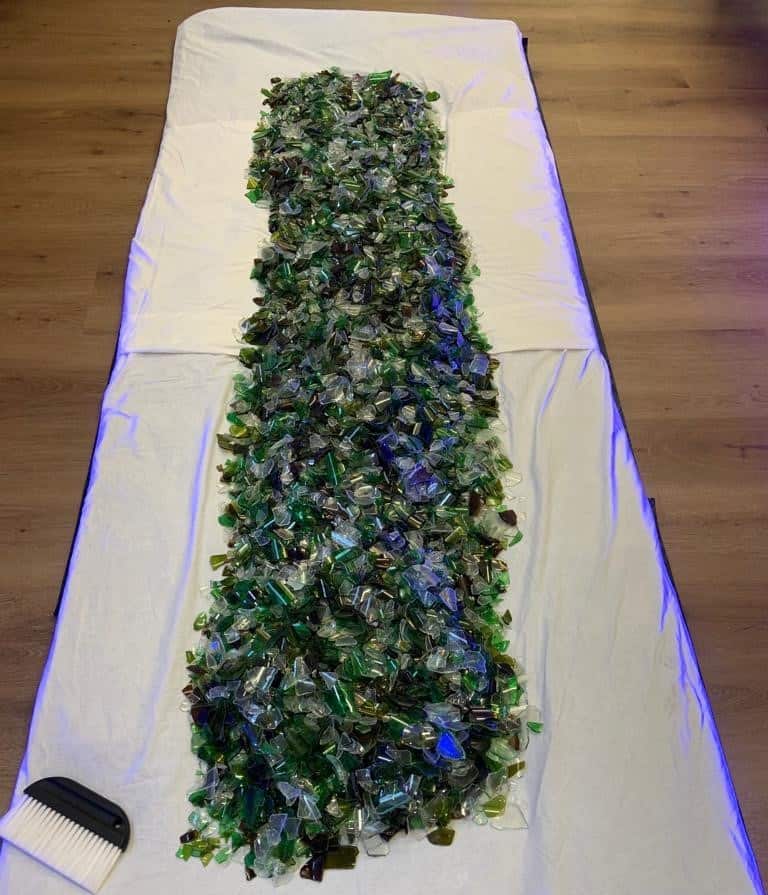
The importance of rehabilitation as the brain-injured teenager transitions to adulthood
I remember attending a seminar many years ago when a neurologist told the audience that most human brains take around 25 years to develop although the rates can also vary between men and women.
Injuries to the brain will often involve the frontal lobe. This is the area at the front which starts behind the eye brows, travelling upwards and covering about a third of the top of the head. As you can imagine this is the area which is often the first point of impact in a car or cycling accident or even a fall.
The frontal lobe is important in terms of social interaction, it affects how we regulate emotions, control impulsive behaviour as well as how we assess risk and make long-term plans. It is implicated with planning, decision making, short term memory and certain aspects of speech and language.
Also important are the brain’s reward systems, which are especially excitable during adolescence. These parts of the brain don’t stop growing at age 18. Research shows it can take more than 25 years for them to reach maturity.
Potential effects of a brain injury on a teenage brain
When a teenager is admitted to hospital after an injury they are seen in A&E initially, they might be transferred to a ward to recover but beyond that, whilst they might appear to be “ok”, because the brain is still developing, it takes time before the effects of the injury become more apparent.
They might be lucky not to have seizures but other consequences arise. They often complain of memory problems, an inability to concentrate, to find the right word, or to multi task.
Altered behaviour after brain injury might include impatience or intolerance of others, impulsivity, a change to a flat and uninterested expression, making socially inappropriate comments or behaviour, which might be sexual in nature. Other problems might be more medical in nature such as depression, impaired movement, insomnia, substance abuse.
Frontal lobe damage from head trauma can manifest in so many different ways, depending on the severity of the injury, what sections of the frontal lobe were injured, and pre-existing personality traits.
Rehabilitation for teenagers who suffer brain injury
It doesn’t necessarily follow that more serious or obvious the brain injury, the greater the need for rehabilitation afterwards. Sometimes people with subtle brain injuries suffer significant symptoms and require conservable support and rehabilitation.
I will now discuss two clients that I represented who suffered brain injuries during their teenage years to help demonstrate the importance of rehabilitation for teenagers who suffer brain injuries in accidents.
Client AA
I acted for “AA”, a young man aged 15 who was knocked down by a car on a dark country lane. He suffered a severe brain injury as a result of the accident. AA was with a group of friends who heard a car coming. They ran to the other side of the road but AA didn’t make it across. The injury was so severe one of his mates told me he could actually see his brain as he was lying on the road waiting for the ambulance to arrive. AA clearly needed brain surgery and had to wear a special cap to protect his brain for 6 months after the accident.
The driver who hit my client didn’t stop so I advised AA to make a claim to the Motor Insurers Bureau under the untraced driver’s agreement as there was no question that he had been knocked down on the road by a car. I couldn’t settle his compensation case until I knew how his brain injury would impact him in the future.
After the accident, AA had to learn to adapt to his injury in order to maintain some independence. He had little insight into his brain injury and ongoing symptoms but his family noticed issues with anger and short term memory. I engaged a rehabilitation company to devise a rehabilitation and care plan to support him when he was finishing school. Afterwards they helped to set him up with an apprenticeship with a large organisation. He now works as an electrical engineer, which is amazing in view of the fact that he suffered a severe brain injury in his teens. He told me some years later that it was not an easy road after injury but with support he was able to embark on his career and he was extremely proud and grateful. Had AA not had structured rehabilitation and support after his injury, his recovery and career prospects would undoubtedly have been very different.
Client AB
Brain injuries can cause more subtle but equally disabling issues.
I acted for a young man “AB”, who suffered a brain injury when he was aged 16. AB was a passenger in a car when his friend, who was driving, decided to make a U-turn across a dual carriageway. AB’s side of the car took the full force of the impact with another vehicle and he suffered a bleed on his brain. Fortunately, he didn’t need surgery and after a week in hospital he was allowed home. From the fact that he wasn’t able to remember the accident, and had no memories until he woke up in hospital, the medical experts that I had instructed as part of his compensation claim confirmed he had sustained a serious brain injury.
AB was an asylum seeker. He had only been in the UK since he was 14. He had no family here but was lucky to be supported by a group of friends who then introduced him to a refugee network which was active in his area.
I wasn’t instructed immediately as AB didn’t know he would be entitled to claim compensation for his injuries. After the accident, AB dropped out of school because he suffered from a number of symptoms which affected his daily functioning. AB lived in shared accommodation but was lucky to have the support of friends to look out for him. After a while the initial symptoms subsided. His headaches improved but he was not the same. His friends later told me that they noticed he wasn’t able to concentrate, he seemed to lose interest in conversations.
It was a year before he felt able to go back to college. His teacher told me he didn’t have the same ability to remember and process information after the brain injury but he managed to scrape through his course. He then secured a place at University to study computer science although he struggled with Maths because of his ongoing symptoms.
When assessing the effects of a brain injury I have to speak to family or friends about how my client was before and after the injury to understand how the brain injury has impacted on them. As AB was a refugee, I didn’t have anyone to ask about how he was before the accident, save for a small network of friends, who told me AB lost interest in his appearance, his mood seemed very flat, he didn’t enjoy going out, he forgot words when speaking in his own language.
For both of the clients I have discussed in this blog, the accident was not my clients’ fault. For AB the driver’s insurers admitted responsibility and I asked them to pay an interim payment so that I could arrange for a rehabilitation company to help AB. The interim payments were topped up as needed to pay for the ongoing therapy with a neuropsychologist, to provide for extra tuition and to arrange for AB to see a psychiatrist since it was also clear that in addition to the brain injury he was also depressed.
Initially the medico legal experts that I instructed to report on AB’s injuries for the compensation claim recommended that AB had sessions with a neuropsychologist but it became clear once the neuropsychologist was working with him that this was not enough. He didn’t know if he was retaining anything that they discussed and he recommended that we appointed a case manager to organise structured rehabilitation. AB actually needed a lot more support to help him with remembering things he had to do and to help him manage his studies as well as managing his social and home activities. Through structured rehabilitation AB was able to secure his degree in computer science.
When AB went to University, being a very amiable person he latched onto friends, one in particular, who helped him get to lectures on time and to help him with his course work.
For another person in a different position, without a network of friends it might not have been the same which is why a rehab assistant or “buddy” is often key to a successful outcome.
The positive impact of rehabilitation
As can be seen from the 2 examples above, as devastating as the effects are to the individual, they are not necessarily permanent, because every region of the brain works together in ways we still don’t fully understand. It is possible for the brain to “rewire” itself to compensate for the injury to the frontal lobe and to allow undamaged areas to take over a function.
With the right help AB was able to understand and adapt to the effects of the injury but the process took time as the brain was injured when it was still developing. It was not easy for him to understand why he had changed and the rehabilitation process which continued whilst he was at University was particularly important to support him as he continued to recover.
I am certain that the rehabilitation for both AA and AB improved their options considerably.
When is the time for rehabilitation?
Rehabilitation should be considered as early as possible. Head and brain injuries can be a serious and often life changing injury and early rehabilitation is so important.
Therapies can help people with a brain injury to recover functions, relearn skills, and find new ways to do things that take their new health status into account. Rehabilitation can include several different kinds of therapy for physical, emotional, and cognitive difficulties and for a variety of activities, such as daily self-care, driving, and interacting with others. Depending on the injury, these treatments may be needed only briefly after the injury, for a specific period of time or on an ongoing basis.
Rehabilitation therapy may include:
- Physical therapy to help rebuild physical strength, balance, flexibility and to help restore energy levels
- Occupational therapy to learn or relearn how to perform daily tasks
- Speech therapy to improve the ability to form words, speak aloud, and use other communication skills
- Psychological counselling to learn coping skills, work on interpersonal relationships, and improve general emotional well-being; this can include medication and other ways to address chemical imbalances that may result from a brain injury
- Vocational counselling to help with finding a new career path
- Cognitive therapy to improve memory, attention, perception, learning, planning, and judgment
How can rehabilitation be funded?
If liability for an accident is not clear when a case comes to me it might not be clear who was to blame, for example a pedestrian may be partly to blame for the accident but without the evidence from the police whether by statements or CCTV it might not be possible to fully evaluate to what degree he caused the accident.
If investigation is needed rehabilitation can be funded under the 2015 Rehabilitation Code which promotes the collaborative use of rehabilitation and early intervention in the compensation process. The purpose of the Code is to help the injured person make the best and quickest possible medical, social, vocational and psychological recovery. This means ensuring that his or her need for rehabilitation is assessed and addressed as a priority, and that the process is pursued on a collaborative basis.
If there has been an accident you do not need to wait until the police have finished their investigations. It is important to consult a solicitor at the earliest time as what I have to prove and what the police have to prove is not the same.
How long will the litigation process take?
The length of the litigation process will reflect the significance of the brain injury. The accident has happened at a time when the brain is still developing.
In my examples, AA was helped to find a career as he did not know what he could do.
AB knew he wasn’t right after the accident. He didn’t know why, or even to what extent he had changed, but with the structured support, particularly while he was at University, he achieved something that several years before he would not have imagined possible as he transitioned from teenager to adulthood.
Time is less important than ensuring that I know enough about my clients’ injury and its consequences before settling any case. With rehabilitation, it can help the road to recovery significantly and in a way that will prepare the teenager, as they enter adult life. In addition, it also ease the pressure on the family and friends around them.










